Health
Ramadan: What Happens In Your Body When You Fast?
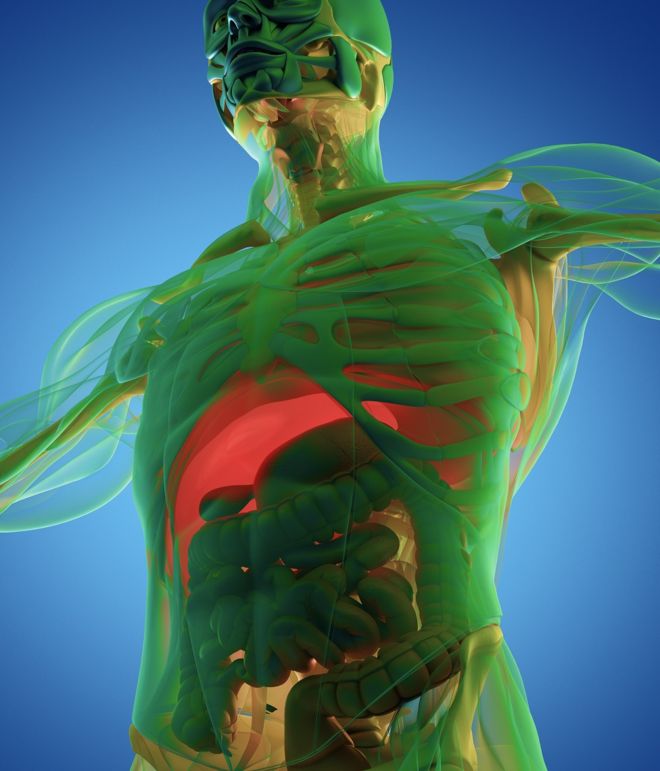
Is Ramadan good for your health? Here is what happens to your body when you fast for 30 days, you will be surprised.
Every year, millions of Muslims fast from sunrise to sunset for 30 days during Ramadan, one of the five pillars of Islam.
In recent years, Ramadan took place during the summer months in the northern hemisphere, with longer days and warmer weather.
This means that in some countries, like Norway, people can fast up to 20 hours a day this year.
But is all this good for your health? You will be surprised when you learn what happens to your body when you fast for 30 days.
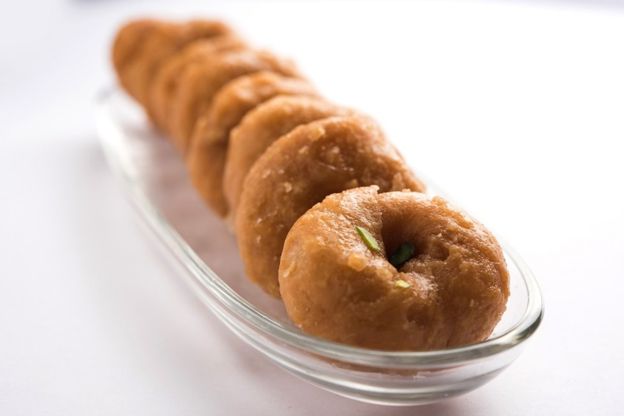
During fasting, our body turns to glucose stored in the liver and muscles. The goal: continue to provide energy.
During fasting, our body turns to glucose stored in the liver and muscles. The goal: continue to provide energy.
The most difficult, the first two days
Technically, your body only goes into a “fasting state” about eight hours after your last meal.
It’s about the time your intestines finish absorbing the nutrients in the food.
Soon after, our body turns to glucose stored in the liver and muscles. The goal: continue to provide energy.
Once your glucose reserves are exhausted, as you continue your fasting, fat becomes the next source of energy for the body.
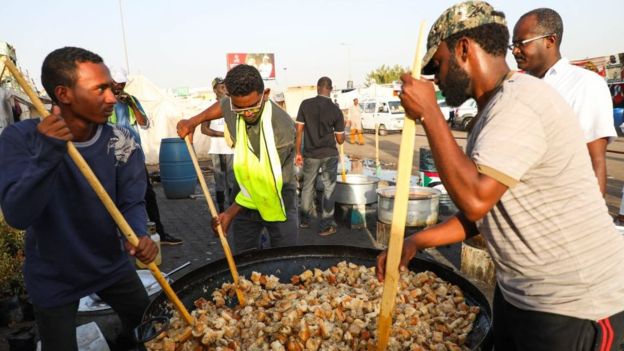
In Sudan, preparation of the evening meal during Ramadan on the sidelines of demonstrations in Khartoum.
In Sudan, preparation of the evening meal during Ramadan on the sidelines of demonstrations in Khartoum.
When the body begins to burn fat, it helps to lose weight, reduce cholesterol and reduce the risk of diabetes.
But beware, the drop in blood sugar will cause weakness and a lethargic state.
Possible consequences: headache, dizziness, nausea and bad breath.
That’s when your hunger level is the highest.
Beware of dehydration from Day 3 to 7
As your body begins to get used to fasting, fats break down and become sugar in the blood.
Your reduced consumption of fluids during fasting must be caught between fasting, otherwise, perspiration can lead to dehydration.

Your meals should contain reasonable proportions of “energy foods,” such as carbohydrates and some fat.
It is important to have a balanced diet consisting of nutrients, including protein, salts and water.
The habit takes over from Day 8 to 15
In the third step, you should see an improvement in your mood as your body adapts to fasting.
Dr. Razeen Mahroof, Consultant in Anesthesia and Critical Care Medicine at Addenbrooke Hospital in Cambridge, discusses other benefits.
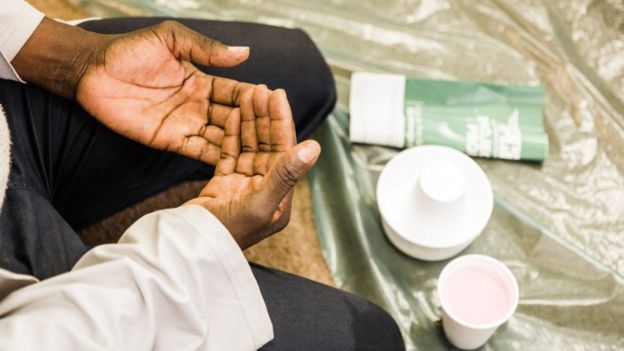
“In everyday life, we often eat too many calories, which can prevent the body from performing other tasks, such as repairing itself”.
“This is corrected during fasting, allowing the body to divert attention to other functions,” he continues.
” Fasting can be beneficial for the body because it can facilitate healing but also prevent and fight infections.
Towards detoxification – Day 16 at the end
During the second half of Ramadan, your body has completely adapted to fasting.
Your colon, your liver, your kidneys and your skin are in the process of detoxification.
“At this point, in the area of health, the function of the organ should be restored to its maximum capacity.Your memory and concentration could improve and you could have more energy,” says Dr. Mahroof .
“Your body should no longer turn to protein for energy, it’s when it goes into starvation mode and uses the muscles as a source of energy.” This happens with continued fasting and extended from several days to several weeks,” he explains.
“Since fasting in Ramadan takes place only from dawn to dusk, there are plenty of opportunities for us to feed ourselves with nutrients and fluids that provide energy. weight loss, “according to the doctor.
So, is fasting good for our health?
Dr. Mahroof replied in the affirmative but posed a condition.
“Fasting is good for our health because it helps us focus on what we eat and when, however, while a one-month fasting period may be appropriate, it is not recommended to continually fast. “.
“Continuous fasting is not a good way to lose weight in the long run, because your body will eventually stop converting fat into energy and turn to the muscles instead, it’s unhealthy and that means your body is in “starvation mode,” he warns.
He suggests that episodic fasting (outside of Ramadan) – or the 5: 2 diet (fasting for a few days a week between two days of healthy eating), would be a healthier alternative than continuous fasting for several months in a row.
“Ramadan fasting, practised properly, should allow you to replenish your energy every day, which means you could lose weight without your body burning valuable muscle tissue,” concludes Dr. Mahroof.

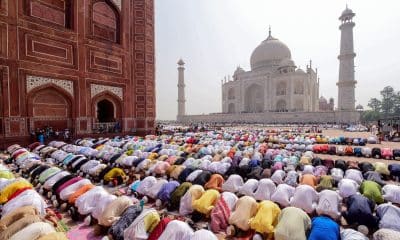







![Concerns As Death Toll From Bauchi Zakkat Stampede Increases [See Full List Of Victims]](https://www.naijanews.com/wp-content/uploads/2024/03/Bauchi-Ramadan-Zakat-Stampede.png)